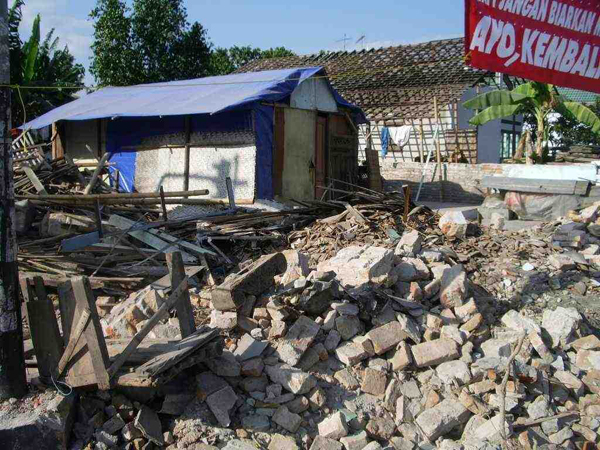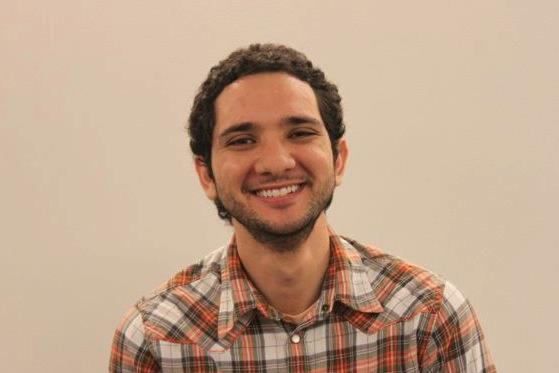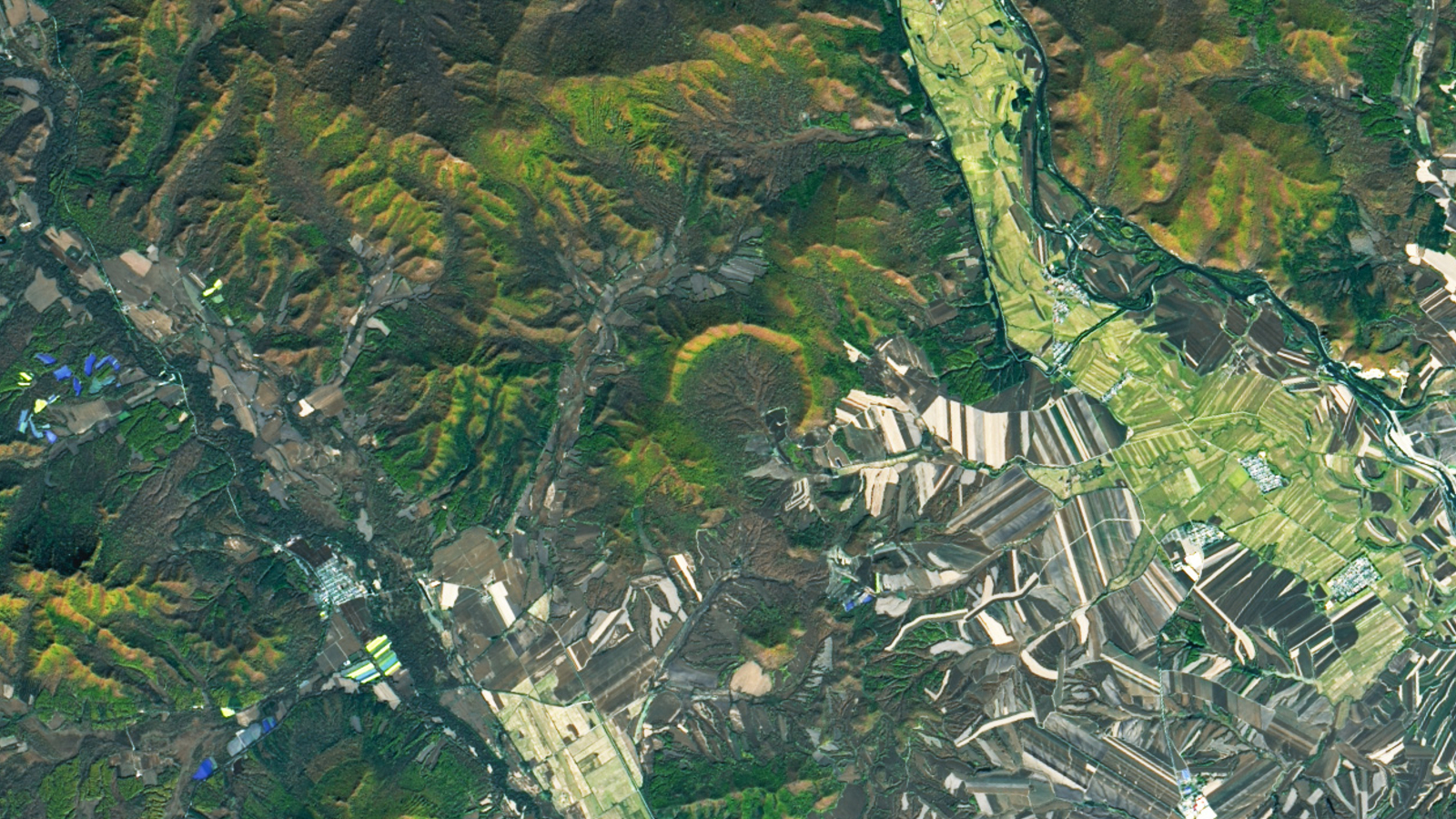How Long Can a Person Survive Under Earthquake Debris?

Get the world’s most fascinating discoveries delivered straight to your inbox.
You are now subscribed
Your newsletter sign-up was successful
Want to add more newsletters?

Delivered Daily
Daily Newsletter
Sign up for the latest discoveries, groundbreaking research and fascinating breakthroughs that impact you and the wider world direct to your inbox.

Once a week
Life's Little Mysteries
Feed your curiosity with an exclusive mystery every week, solved with science and delivered direct to your inbox before it's seen anywhere else.

Once a week
How It Works
Sign up to our free science & technology newsletter for your weekly fix of fascinating articles, quick quizzes, amazing images, and more

Delivered daily
Space.com Newsletter
Breaking space news, the latest updates on rocket launches, skywatching events and more!

Once a month
Watch This Space
Sign up to our monthly entertainment newsletter to keep up with all our coverage of the latest sci-fi and space movies, tv shows, games and books.

Once a week
Night Sky This Week
Discover this week's must-see night sky events, moon phases, and stunning astrophotos. Sign up for our skywatching newsletter and explore the universe with us!
Join the club
Get full access to premium articles, exclusive features and a growing list of member rewards.
On Oct. 23, 2011, a 7.2 magnitude earthquake shook Eastern Turkey. The quake knocked down some 2,000 structures and killed at least 461 people, but hundreds — if not thousands — of people may still be in danger, trapped under earthquake rubble with nowhere to go.
Rescue workers are still pulling survivors from their would-be tombs, but time is running out for those still waiting to be saved. Assuming that a person hasn't suffered head trauma or other injuries, and has enough clear air to breathe and room to move around, how long can he or she survive under earthquake rubble?
It all comes down to food and water.
How long a person can survive on water alone depends on a variety of factors, such as the person's metabolism, the amount of extra fat a person has stored in his or her body and the temperature. As time goes on, a person’s organs will start to shut down one by one until the body can no longer properly function, but a healthy human can live without food for up to eight weeks.
Surviving without water is a bit more difficult. A healthy person can go three to five days without water, though some have survived for eight to 10 days. Without water, a person cannot digest or absorb food.
Last year during the devastating Haiti earthquake, a man survived under rubble for 14 days by rationing a 2-gallon jug of water he found amidst the debris. The previous reliable rubble-survival record was also 14 days, set by a man who was trapped in the ruins of a hotel after a 7.8-magnitude earthquake hit the Philippines in 1990.
This story was provided by Life's Little Mysteries, a sister site to LiveScience. Follow Joseph Castro on Twitter @JosephBCastro. Follow Life's Little Mysteries on Twitter @llmysteries, then join us on Facebook.
Get the world’s most fascinating discoveries delivered straight to your inbox.

 Live Science Plus
Live Science Plus










